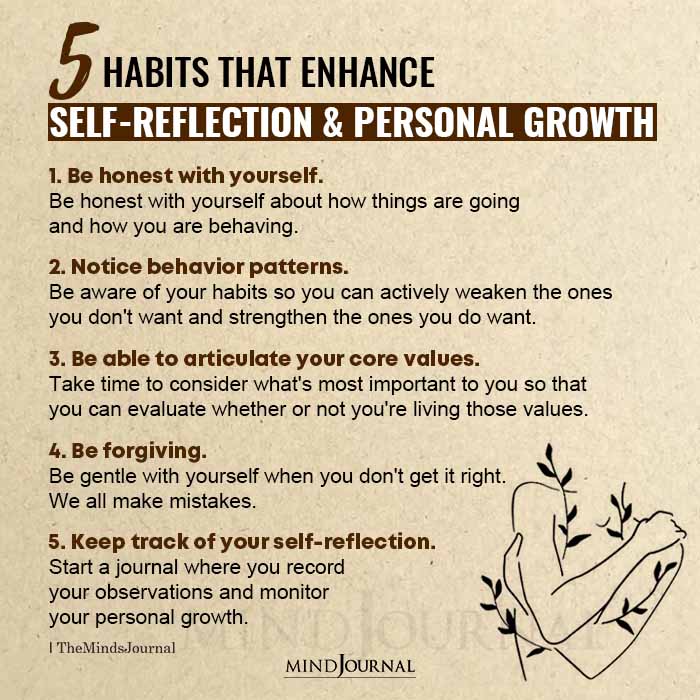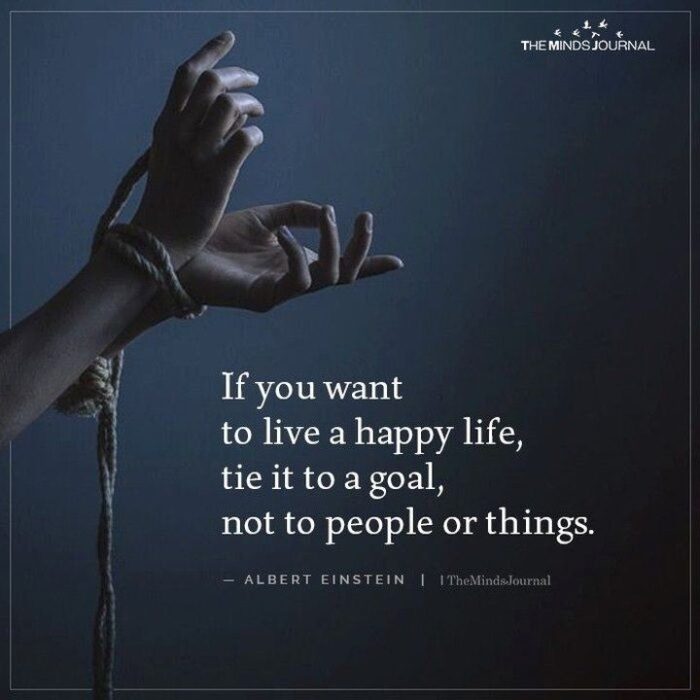If you feel stuck and want to keep track of your goals every week, then weekly reflection questions can really help you. Weekly reflection questions can help you check in with yourself and make sure you’re headed in the right direction. These are the questions you need to ask yourself every week to keep growing and moving forward.
Have you ever had a week with so much going on that you end the week feeling overwhelmed and exhausted? I know I have been there. Sometimes, the week goes by so fast that it’s over before I know it, and there is no time left to process it.
A weekly reflection can help evaluate if what you are doing is working. It fosters self-growth. So, pull out that weekly reflection journal and answer the weekly reflection prompts below.
Related: What Is Self Reflection? 9 Helpful Tips To Understand Yourself Better
What Is A Weekly Reflection?
A weekly reflection is a great way to reflect on all the decisions you made during the week, your success & challenges, and look at ways you can continue to improve yourself.
It allows you to pause, reflect on your decisions, and what you can do better for the next week.
Each person will reflect on their week differently. I like to reflect on my week in terms of value-based decision-making that impacts my short-term and long-term goals. You may choose to focus on something else. The goal is to be honest in your weekly review, learn, and grow from it.
My two favorite weekly reflection quotes are below:
“The journey into self-love and self-acceptance must begin with self-examination… until you take the journey of self-reflection, it is almost impossible to grow or learn in life.” – Iyanla Vanzant
“People who have had little self-reflection live life in a huge reality blind-spot.” – Bryant McGill

Why Are Weekly Reflections Important?
There are many benefits of doing a weekly reflection. However, The most significant benefit is learning more about your behaviors and patterns, fostering self-compassion, and continuing to show up for yourself.
Work towards creating a life you want to build for yourself, and part of that process involves paying attention to how you spend your time.
You foster self-growth when you mindfully set time aside to reflect on your week. You need to reflect on approaching life and going through the motions.
Additional benefits of doing a weekly reflection:
1) A way to evaluate yourself
2) Learning to set short-term goals
3) Addressing any challenges and learning to reward yourself
Weekly Reflection Journal: Step-by-step
1. Set Time Aside
You want to set aside time to engage in a weekly reflection practice. The idea is to get into a regular habit of writing instead of an occasional hobby.
I like Saturday mornings to reflect on my week and prepare for the next week. You might have another day or time that works best for you. Again, the idea is to have uninterrupted space and the ability to keep it as consistent as possible.
If this is the first time you engage in an end-of-the-week reflection practice, you might find sitting for more extended periods challenging. Feel free to start with 5-10 minutes of writing and continue to add more time as you consistently engage in the habit.
Another tip is to think of the specific place you like to journal. Is it your bedroom? Is it your nearest cafe? Or do you like to sit outside on the balcony? You want to focus on an area that is aware of distractions and what you consider safe.
Set aside a consistent time, put a timer on if you need it, think of your safe space, and pull out that weekly reflection journal.
2. Reflect On Your Goals
You want to be as proactive as you can regarding your week—no bigger stressor than frequently trying to react to situations. The way you continue to be proactive is to set goals for the week.
I like to think of my weekly goals that align with my values, attaching more meaning to them and giving me a sense of purpose for the week. So, to set value-based goals for your week:
a) Clarify your values:
Clarifying your values is an extremely broad exercise, and when you start, it is okay if that is the case. A good way to understand your values is to think backward- what are your broad goals?
- Do you want to be physically healthy?
- Would you like to graduate from school with a Master’s degree?
- Do you want to repair your relationship with your parents?
- Would you like to improve your relationship with food?
These broader goals will help you set the intention and identify what is important to you. But, of course, you may already have an idea of your values; in that case, you can simply list all your values.
The easiest way is to write down all the values important to you: health, relationships, independence, nature, etc. You can make your list as long as you would like.
b) Set value-based intentions and goals for the week:
Intention = who do you want to be; based on your values
Goal= what do you want to do; follows the SMART process
As you look at your list, pick 1-3 values you would like to focus on this next week. Then, reflect on why these values are important, set an intention, and how they can help guide your behavior.
Value: Health
Why: ” I would like to feel good about myself, and I feel the best when I take care of my health. My mental health reflects the same when my physical health is doing great.”
Intention: ” Mindful eating”
Goal: “I will eat a more nutrient-dense meal during my lunch break this week and limit myself to ordering fast food only once this week.”
Related: 32 Thought-Provoking Questions That are Reflections on the Self
c) Reflect on any barriers you may encounter while trying to make a value-based decision and problem-solve them
Possible barriers: waking up late & skipping breakfast, getting extremely hungry by 11 am, giving in to order out with my coworkers, overeating, and skipping the gym.
List all possible solutions:
- Setting an alarm to wake up 15 minutes earlier.
- Making breakfast the night before.
- Packing lunch with a snack.
- Ordering a healthier option.
- Reserving a gym class after work.
d) Value based rating
List each solution and rate them on a scale of 1-10, with 10 being the best solution.
e) Implement Best Option
Based on the rating, implement the best option first. If the first option does not work, remind yourself you are allowed to hit reset anytime during the day, allowing you to continue thinking about and implementing other solutions from your list.

3. Weekly Reflection Journal Prompts
1. What was the most significant wins this past week? How did you reward yourself?
2. What was the most challenging thing about this past week, and how did you handle it?
3. What is one thing you did this week that you’re most proud of?
4. What behaviors brought you closer to your goal? Reflect on what worked.
5. What behaviors moved you away from your goal?
6. What did you learn about yourself this week?
7. Where did you give up, and why? How can you problem solve for next week?
8. Did you beat yourself up over mistakes or missteps? How can you extend self-compassion to yourself next week?
9. What support or help do you need to make next week easier?
10. List early signals that you are about to live outside of your chosen value. How can you cope?
Weekly Reflection Example: “I am proud of myself for packing my lunch 3/5 days this week. I didn’t order food on those days.” This weekly reflection for work can help you stay on track.
4. Midweek Check-in
Most of us have felt extremely motivated earlier in the week as we set goals. However, as the week goes by, you may notice your motivation is dipping or your day isn’t going as planned.
A mid-week check-in can be a great way to evaluate your week. It allows you to reconnect with your values and goals and reflect on how far you have come.
A mid-week check-in isn’t meant to add to your to-do list but instead allows you to have an intentional conversation with yourself. Are your behaviors still aligned with the goal you set for yourself earlier in the week? Is there anything you need to change or tweak?
I like to check in with myself on Wednesdays since that day is typically challenging for me to stay motivated. A quick look at my weekly reflection sheet allows me to evaluate the last few days. You may choose whatever day works best for you.
Make sure you have given yourself plenty of time to work towards your goal allowing your mid-week check-in to be productive.
Set a 10-15 minute timer and ask yourself these mid weekly reflection questions:
1) “How has my week been going so far? Am I happy with what I have done so far this week?”
2) “What do I still have to do this week?”
3) “Where did I struggle the most these past few days?”
4) “Am I avoiding anything important? What can I do about that?”
5) “Where can I hit the reset button to feel better about the rest of the week?”
Tips For Weekly Reflection
1. Habit Tracker
A habit tracker is a tool that can help you stay on track. Like most people, our motivation is naturally higher towards the start of the week. However, more than motivation is needed.
My favorite way of tracking habits is ‘The Seinfeld Method.’ It is a productivity technique that has helped me build good habits.
Related: Create A Self-Love Journal With Me: Affirmations, Prompts and More
2. Reward Yourself
Self-reward is self-love in action. When you reach a particular milestone within your goals, think of ways to reward yourself.
Not only will this give you the motivation to accomplish your goals, but it will also give you something to look forward to.
3. Finding an Accountability Partner
An accountability partner knows your goals, helps foster your strengths, and is a constant source of motivation.
Your accountability partner can be someone you trust in your inner circle or an outsider that can keep you motivated. It can also be helpful if your accountability has similar goals.
4. Forgiving Yourself and Moving Forward
One common thing for many people is that they are tough on themselves. However, you will make mistakes along the way and mustn’t get stuck in the cycle of self-doubt and loathing for too long.
While it is essential to reflect on your past week, the idea behind self-reflection is not to highlight every ‘mistake’ you made and make yourself feel bad. It is quite the opposite.
Forgiveness is about making space to focus on what you learned from these choices and what you can do differently next week if that choice isn’t working for you anymore. So take a deep breath, make space for your emotions, reflect on the lesson, and move on.

5. Avoid Black-and-White Thinking
Black and White thinking is a popular cognitive distortion that impacts many people. This thinking can be described as “either-or” thinking. Examples ‘Either I eat healthy everyday this week, or I completely failed.’ or ‘I am either successful or a complete failure.’
People who identify as perfectionism tend to struggle with this type of thinking. As the fear of failing grows, procrastination can grow. When procrastination grows, we engage in avoidance-based coping, leading us to not work on our goals.
Balancing these thoughts with more neutral thoughts is essential. Remind yourself that you can hit reset anytime, and take a dialectical stance.
Let’s Recap….
Reflecting on your week can significantly help your mental health by giving you a chance to think about what you did well and what you didn’t, allowing you to feel a sense of accomplishment and improve.
When you take the time to reflect on your week, you create a sense of purpose and direction, fostering your mental well-being.
Finally, remember, you aren’t striving for a perfect week because that does not exist- progress over perfection.
Related: 50+ Deep Self Reflection Questions For Personal Growth
What questions do you ask yourself when engaging in a weekly reflection?
Written By Nisha Patel
Originally Appeared On Brown Girl Trauma















Leave a Reply
You must be logged in to post a comment.